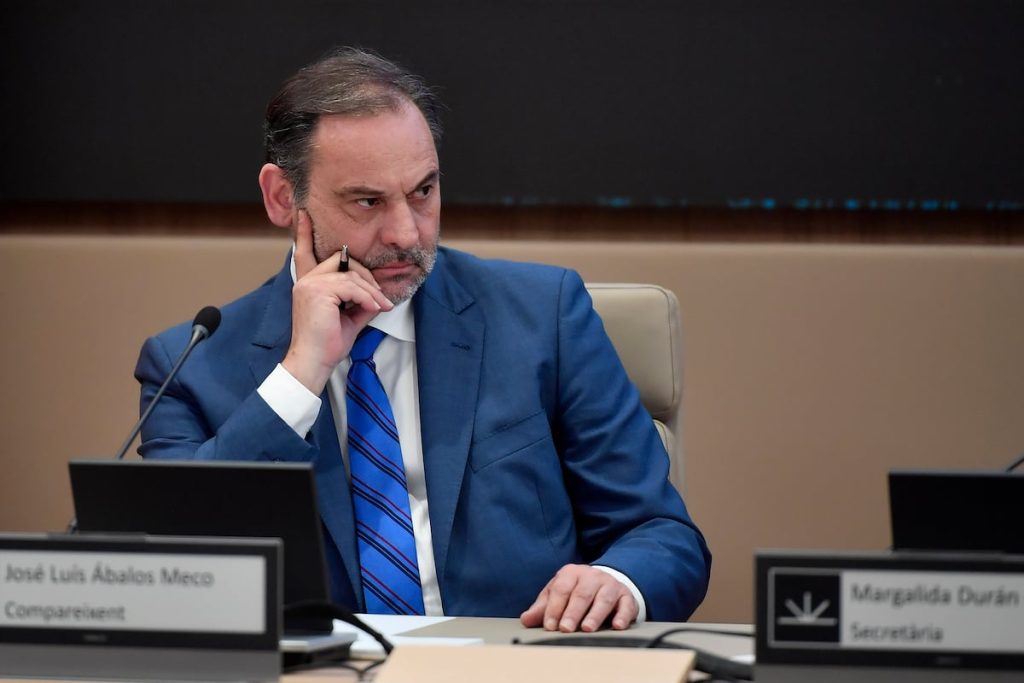The former Socialist Minister of Transport, José Luis Ábalos, has responded to the audit carried out by his former department which implicates him in alleged irregularities in the purchase of masks during the pandemic, being investigated in the Koldo case. Ábalos has taken a judicial counterattack, requesting that the audit be excluded from the case, arguing that it has deficiencies and is aimed at harming him. He believes the audit, commissioned by his colleague and current minister Óscar Puente, lacks legality and legitimacy and is solely focused on assigning blame to him. Ábalos has submitted a 41-page expert report to refute the conclusions of the ministerial document.
The lawyer for Ábalos emphasizes that the court has not requested any information from his client, yet information continues to emerge that affects him directly. As an elected official, Ábalos can only be investigated by the Supreme Court due to his immunity. He believes the audit, conducted by the ministry’s inspection services, aims to generate harm towards him and possibly deflect other responsibilities. Ábalos argues that such documents should focus on internal control to recommend improvements in service management, rather than being made public by his successor, leading to its inclusion in the case.
The audit scrutinizes two mask contracts awarded to Soluciones de Gestión, a company at the center of a corruption scandal. The report found irregularities in both contracts, including lack of control and choosing the worse offer for one of the contracts. The audit was initiated by the current minister in response to the Koldo case investigation. Following the scandal, the PSOE requested Ábalos to resign as a member of parliament, considering him responsible for the activities of his former advisor, Koldo García. Ábalos refused and moved to a different congressional group.
Ábalos has requested to join the case as an affected party and has provided a separate expert report to refute the audit’s conclusions. The report highlights significant deficiencies in the audit and questions its objectivity and reliability. It also points out that a previous review by the Court of Auditors did not find any irregularities in the contracts under suspicion. The expert report criticizes the timing of the audit, conducted during a politically charged period, and notes that it was not published in the Official State Gazette as required. The report concludes that the audit contains subjective judgments that compromise its neutrality.
In response to the allegations and negative findings in the audit, Ábalos is taking legal action to defend his reputation and challenge the validity of the audit. He argues that the audit is biased and aims to unfairly blame him for the alleged irregularities in the mask contracts. As the investigation continues, Ábalos is determined to prove his innocence and refute the accusations against him. The case has sparked a political and legal battle, with Ábalos fighting to clear his name and protect his integrity amidst ongoing scrutiny and public attention.















